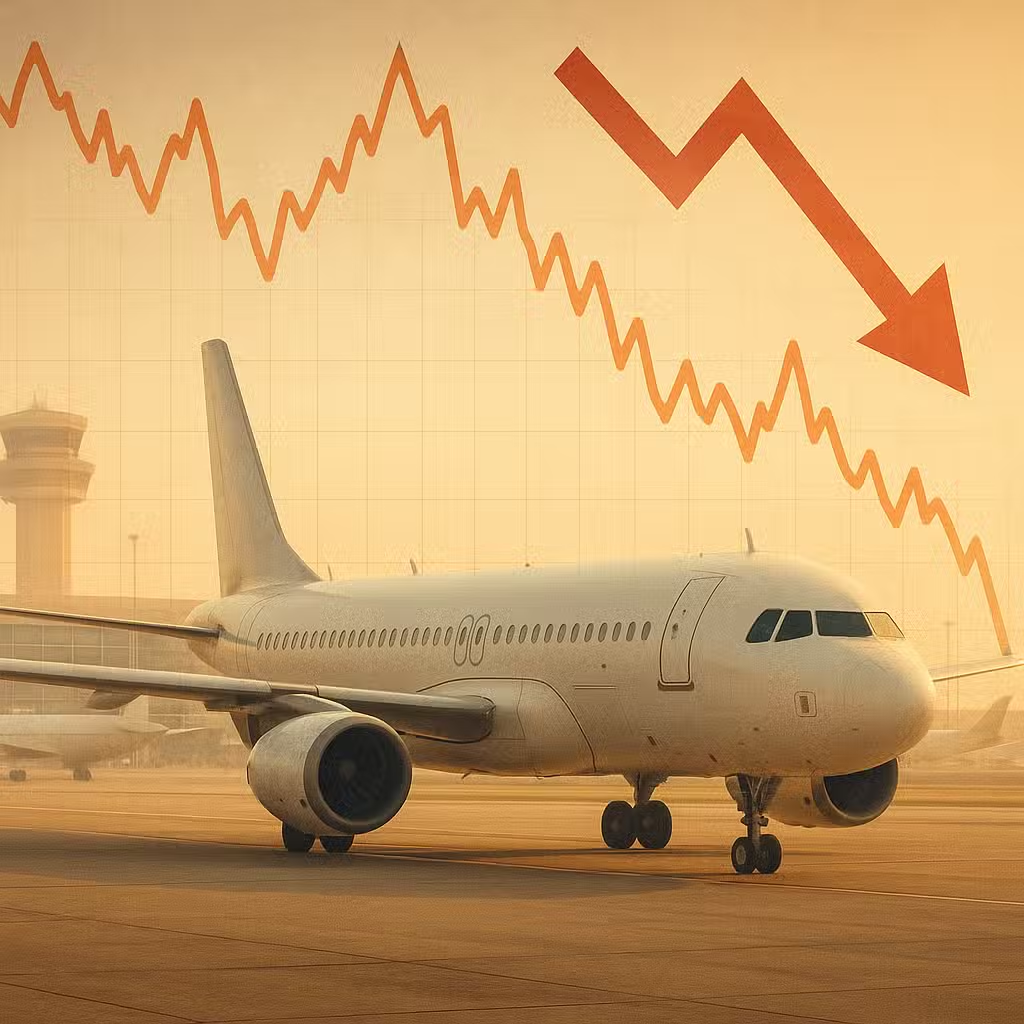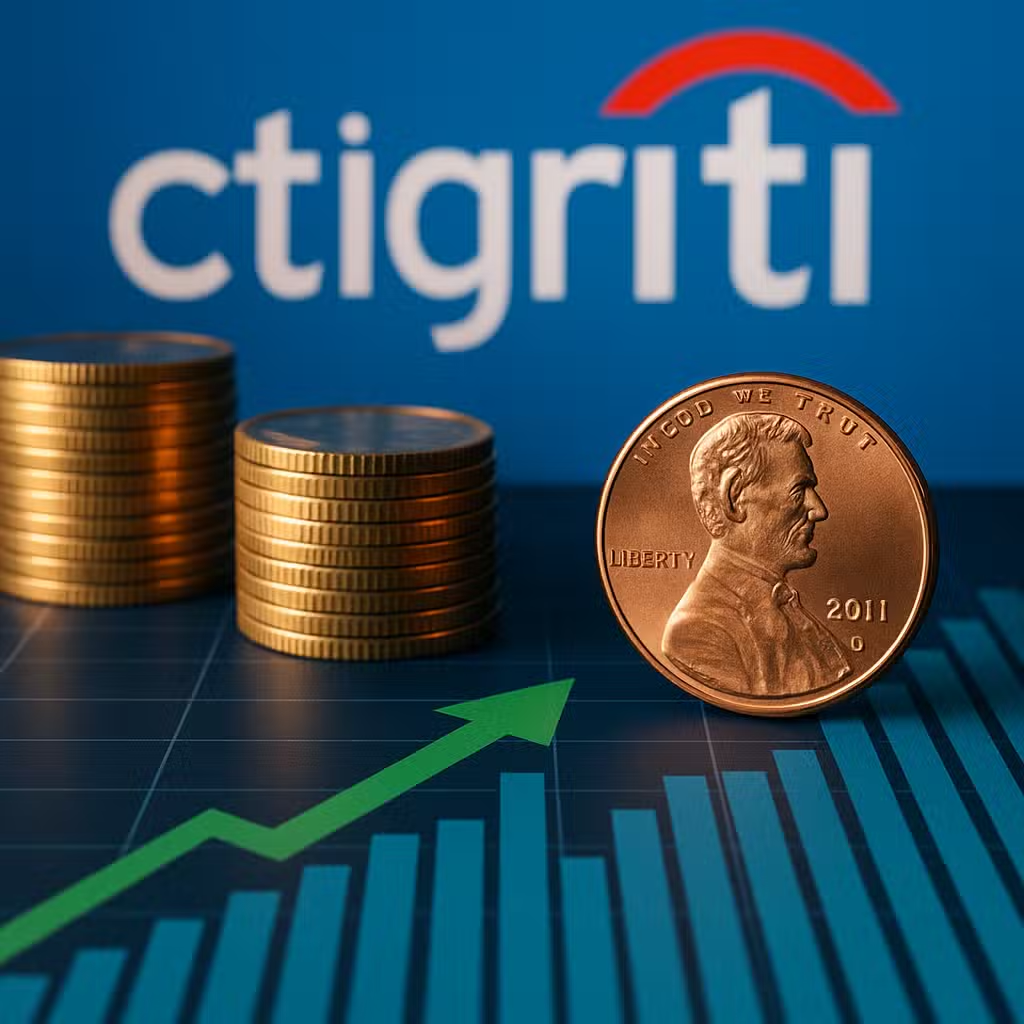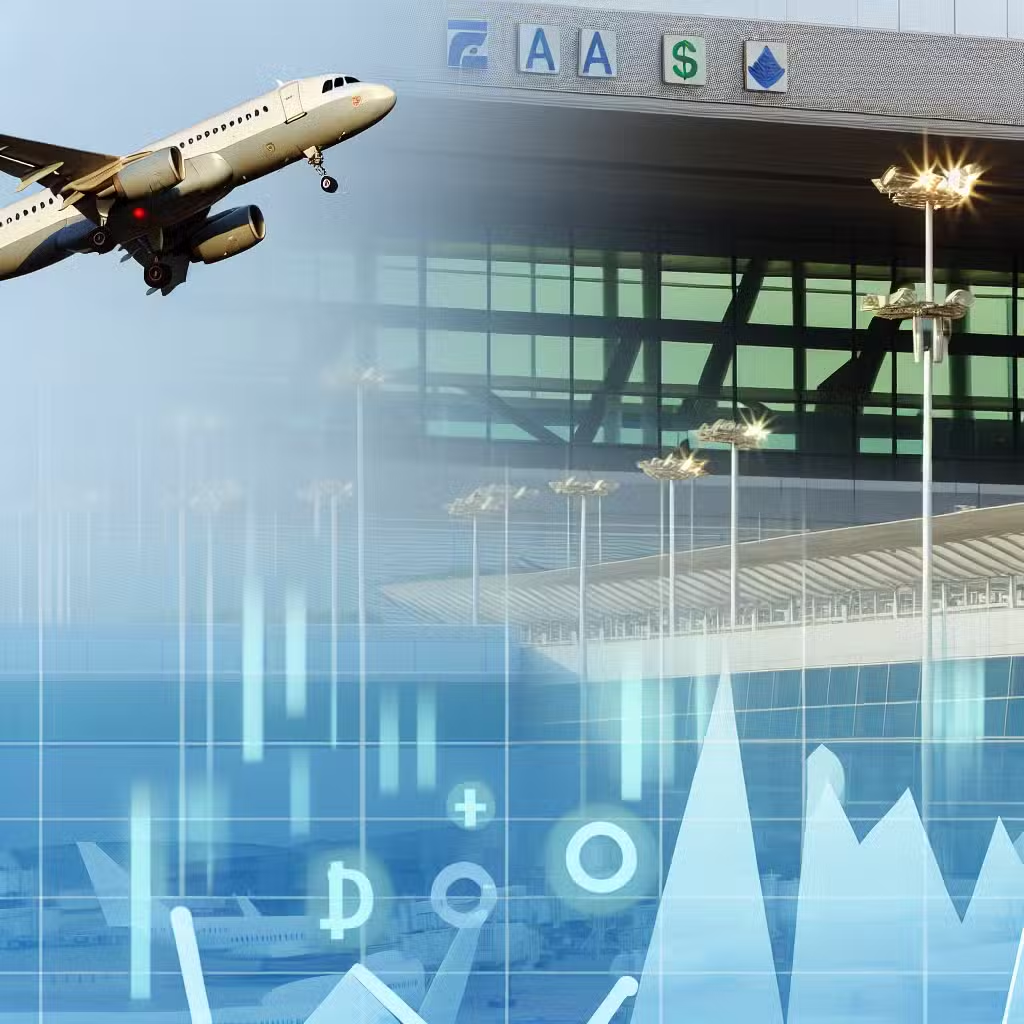Airlines Warn of Potential Delays, Highlighting Possible Impacts on Travel Demand and Revenue
Imagine if the person directing traffic at a busy intersection suddenly had to work without a break or a paycheck. Things would slow down, and accidents could happen. That’s what’s going on at airports right now, and it matters for anyone who owns airline stocks or flies for business or fun.
What’s Happening With Air Travel?
This holiday weekend, travelers might face flight delays or cancellations. Why? The U.S. government is shut down, and that means air traffic controllers and airport security workers must do their jobs without pay. Some are starting to miss work, which slows everything down.
Major airlines like Delta, United, and American are part of a group warning travelers about these slowdowns. Bad weather could also make things worse, especially in places like New York and New Jersey where a big storm is expected.
Why Investors Should Care
When airports have problems, it ripples through the whole travel industry. If flights are delayed or canceled, airlines lose money, and so do hotels and travel companies. This can drag down the value of airline stocks and even affect the broader stock market.
According to the U.S. Department of Transportation, the 2018 government shutdown led to thousands of delayed flights and cost the U.S. economy over $3 billion in lost economic activity.
The Bull Case: Reasons for Optimism
- Safety First: Planes are still safe. Air traffic controllers are highly trained and still working, even if they’re not being paid right now.
- Temporary Problem: The last big shutdown in 2018 ended quickly when travel chaos hit major airports. If things get bad, lawmakers may act fast to reopen the government.
- Resilient Sector: Airline stocks have bounced back from past disruptions, like the pandemic and weather events.
The Bear Case: Reasons for Caution
- Rising Absences: More controllers are calling out, which could lead to longer delays and more cancellations if the shutdown drags on.
- Worker Morale: Working without pay is stressful. Low morale could affect safety or lead to more people missing work.
- Wider Impact: Sectors tied to travel—like hotels, tourism, and even local restaurants—may also feel the pinch if people cancel trips.
- Weather Risks: Flood watches and storms can pile on more delays, making things worse for travelers and airlines.
What’s Next?
On Tuesday, air traffic controllers will get only part of their paycheck. If the shutdown lasts past October 28, they won’t get paid at all. Their union is planning events at airports in New York, Chicago, Philadelphia, and Washington, D.C. to let travelers know how the shutdown could risk safety and slow down flights even more.
Right now, the number of delayed flights is slightly below average, but that could change if the shutdown continues and bad weather hits.
For more on how government shutdowns affect travel and the economy, check out this Government Accountability Office report.
Investor Takeaway
- Keep an eye on airline stocks; they could get bumpy if delays increase or travelers cancel plans.
- Diversify your portfolio so you’re not too exposed to just one sector, like airlines or tourism.
- Watch for updates on the government shutdown—fast resolutions can mean quick rebounds for travel stocks.
- Look for bargains if stocks drop, but be cautious; long shutdowns can hurt profits across the travel industry.
- Stay informed about weather events, as they can add to airline disruption risks.
For the full original report, see CNBC







